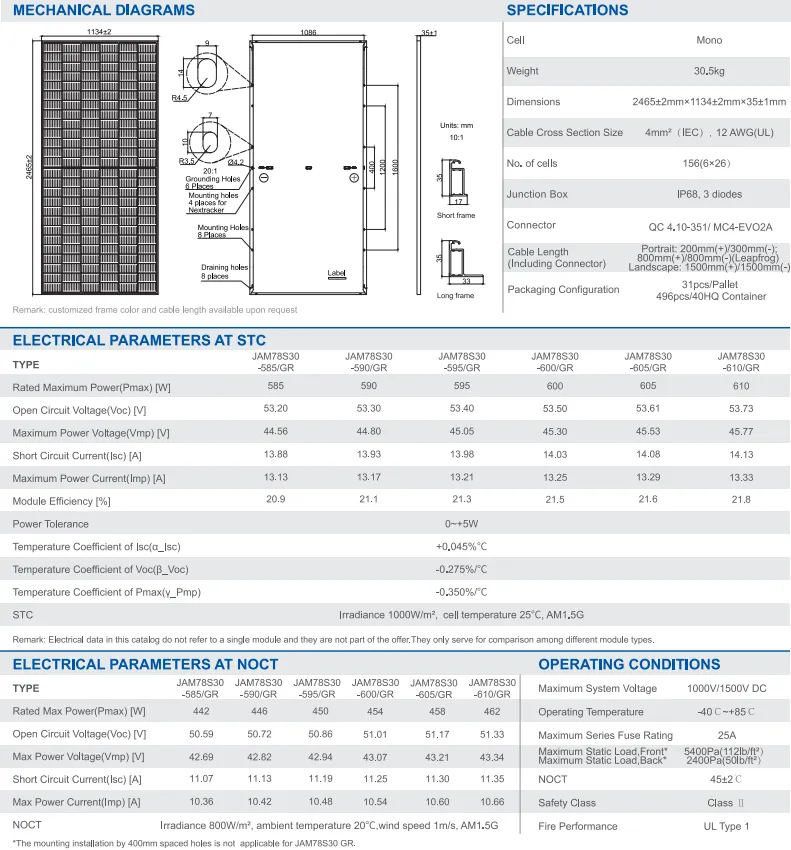Best Solar Panel Solutions for RVs to Maximize Energy Efficiency and Travel Comfort
Harnessing Solar Power The Ultimate Guide to Solar Panels for RVs
In the modern age of adventure and exploration, the allure of hitting the open road in an RV has become more enticing than ever. However, with this freedom comes the challenge of maintaining power for electronics, appliances, and other necessities while on the go. One solution that stands out is the use of solar panels, which provide a sustainable and efficient power source for RV travelers. In this article, we’ll explore the benefits of solar panels for RVs, considerations for installation, and tips for maximizing your solar setup.
Why Choose Solar Panels for Your RV?
1. Sustainability and Eco-Friendliness The most significant advantage of using solar panels is their environmental impact. Harnessing energy from the sun means reduced reliance on fossil fuels, making your travels more eco-friendly. This not only benefits the planet but can also provide a sense of satisfaction knowing you're contributing to sustainability.
2. Energy Independence Solar panels empower RV owners with energy independence. Instead of constantly looking for a power source or relying on generators that can be noisy and fuel-dependent, solar panels allow you to generate your own power wherever the sun shines. This autonomy opens up endless possibilities for off-grid camping and exploring remote areas.
3. Cost Savings While the initial investment in solar technology may be significant, it can pay off in the long run. By generating your own electricity, you can save money on campground fees and fuel costs associated with traditional generators. As solar technology continues to improve, the cost of solar panels has significantly decreased, making them more accessible for RV owners.
4. Low Maintenance Solar panels require minimal maintenance. Once they are installed, the only upkeep involves keeping them clean and ensuring the batteries are functioning correctly. Unlike conventional fuel-based energy sources, you won’t have to worry about oil changes, fuel deliveries, or noise pollution.
Key Considerations for Installation
When contemplating the installation of solar panels on your RV, there are several key factors to consider
1. Power Needs Assessment Before purchasing solar panels, assess your energy consumption. Identify the devices you intend to power (lights, refrigerators, laptops, etc.) and calculate your daily usage in watt-hours. This analysis will help you determine the size and capacity of the solar system needed to meet your requirements.
solar panels for rvs

2. Types of Solar Panels There are various types of solar panels available, including monocrystalline, polycrystalline, and thin-film panels. Monocrystalline panels are typically more efficient and take up less space, making them ideal for RVs with limited roof area. Although they come at a higher cost, their long-term efficiency often justifies the investment.
3. Battery Storage A robust battery management system is crucial for storing the energy generated by your solar panels. Deep cycle batteries, such as lithium-ion or AGM (Absorbent Glass Mat) batteries, are popular choices due to their longevity and efficiency. Consider your power needs when selecting the battery capacity, ensuring it can store enough energy for your travel habits.
4. Installation Options Solar panels can be installed in two primary ways fixed-mounted systems or portable setups. Fixed-mounted panels are securely attached to the RV roof, providing a constant power source during travel. Portable solar kits can be set up when parked and adapted to capture maximum sunlight, offering flexibility for those who may want to relocate frequently.
Maximizing Your Solar Setup
To get the most out of your solar panels, consider the following tips
1. Optimize Panel Placement Ensure that your solar panels are installed in a location with minimal shading from trees, vents, or other obstructions. Angle positioning can be adjusted to receive maximum sunlight, especially during peak hours.
2. Regular Cleaning Keep your solar panels free from dirt and debris to ensure optimal efficiency. Regular cleaning enhances light absorption and improves overall performance.
3. Monitor Your System Use monitoring systems to track your energy production and consumption. This information can help you adjust your usage habits and optimize the system for efficiency.
Conclusion
Incorporating solar panels into your RV setup is a savvy move that promotes sustainability, enhances energy independence, and can lead to significant cost savings over time. With careful planning and consideration, any RV owner can embrace the solar revolution and enjoy the freedom of the open road powered by clean, renewable energy. Whether you're embarking on a cross-country journey or weekend camping trips, solar panels can elevate your experience, allowing you to venture further and explore the wonders of nature without compromising on comfort.
-
Unlocking Energy Freedom with the Off Grid Solar InverterNewsJun.06,2025
-
Unlock More Solar Power with a High-Efficiency Bifacial Solar PanelNewsJun.06,2025
-
Power Your Future with High-Efficiency Monocrystalline Solar PanelsNewsJun.06,2025
-
Next-Gen Solar Power Starts with Micro Solar InvertersNewsJun.06,2025
-
Harnessing Peak Efficiency with the On Grid Solar InverterNewsJun.06,2025
-
Discover Unmatched Efficiency with the Latest String Solar InverterNewsJun.06,2025







